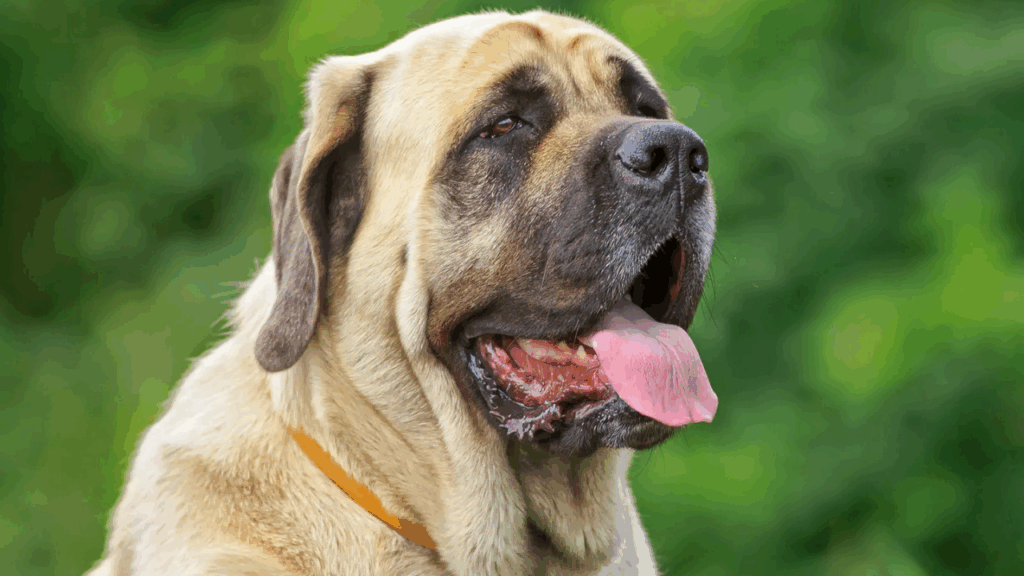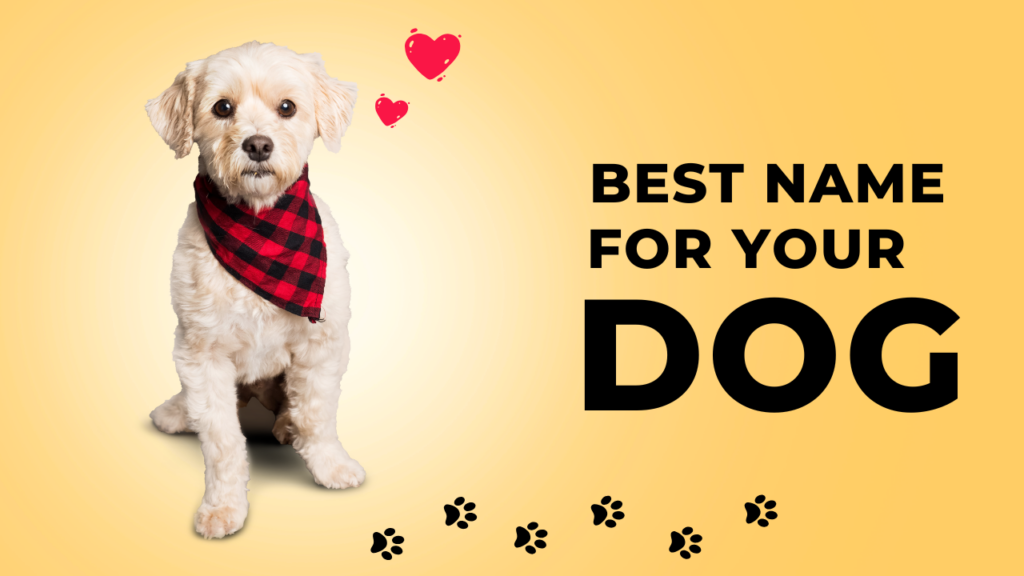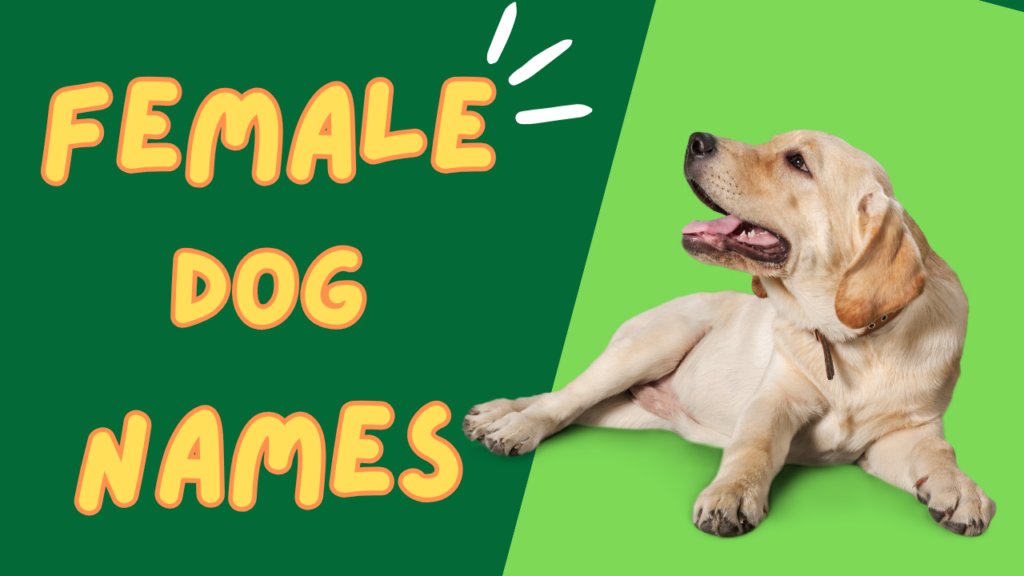The Mastiff is one of the oldest and most imposing dog breeds in the world. Known for its massive size and dignified demeanor, the Mastiff is a true gentle giant. While their imposing stature might initially intimidate, these dogs are renowned for their loyalty, gentleness, and affection towards their families. Whether as a guard dog, companion, or working dog, the Mastiff has earned a respected place in history and continues to be cherished by dog lovers around the world.
Origins and History
The Mastiff has an ancient lineage, with roots tracing back over 2,000 years. Originating in the British Isles, these dogs were originally bred for protection, guarding livestock, and hunting large game such as bears and wild boar. Over the centuries, they were also used as war dogs by ancient civilizations, including the Greeks and Romans, who valued them for their strength and fearlessness in battle.
While the Mastiff’s exact ancestry is debated, it is widely believed that the breed shares common ancestry with other large working dogs such as the Tibetan Mastiff and the Neapolitan Mastiff. The English Mastiff, in particular, became a symbol of strength and courage, playing a key role in medieval England as a protector of homes and estates.
The breed was nearly extinct in the 19th century due to the decline in large-scale hunting and the changing roles of dogs in society. However, the Mastiff was revived by a dedicated group of breeders, and today, it remains a popular companion and guard dog.
Appearance
The Mastiff’s most defining feature is its size. Large, powerful, and muscular, the breed’s stature is nothing short of awe-inspiring. While the exact measurements can vary slightly between individual dogs, here are the key physical characteristics that make the Mastiff a formidable presence:
- Height: 27.5–30 inches (70–76 cm) at the shoulder
- Weight: 110–130 pounds (50–59 kg), though some individuals can weigh up to 200 pounds (90 kg)
- Build: Massive, with a broad, square-shaped head, deep chest, and thick, muscular limbs
- Coat: Short, dense, and smooth
- Colors: Fawn, brindle, or apricot, often with a black mask around the face
Despite their imposing size, Mastiffs are incredibly graceful, with an almost regal bearing. Their expression is calm, wise, and observant, which is fitting for a breed that has long been associated with nobility and protection.
Personality and Temperament
Despite their size and strength, Mastiffs are typically very gentle and affectionate, especially with their families. Often referred to as “gentle giants,” they are known for their sweet and loving nature, particularly towards children. Mastiffs are loyal companions who thrive on human interaction and enjoy being close to their owners.
Key personality traits:
- Calm and dignified: Mastiffs are generally relaxed and composed, making them excellent family pets. While they may not be as playful or energetic as some smaller breeds, they are deeply devoted and enjoy spending time with their family members.
- Protective instincts: Mastiffs have an inherent protective nature and will guard their home and loved ones fiercely. They are highly alert and will not hesitate to defend their family from perceived threats, though they are usually not aggressive unless provoked.
- Independent but trainable: Mastiffs are intelligent and can be trained with consistency and patience. They are often described as independent thinkers, which means they can sometimes be stubborn. Early socialization and positive reinforcement are key to raising a well-behaved Mastiff.
- Good with other pets: Mastiffs can coexist peacefully with other dogs and pets, provided they are properly socialized from an early age. They tend to be non-aggressive with other animals, although they may show a dominant streak.
Exercise and Activity Level
While the Mastiff is a large and heavy breed, it does not require excessive exercise compared to other active dogs. Moderate daily exercise is sufficient to keep a Mastiff in good physical and mental health. Regular walks, playtime, and some light activities like fetch or swimming are enough to meet their needs.
It’s important to note that because of their size, Mastiffs should avoid vigorous exercise until they are fully grown to avoid stress on their joints and bones. Due to their calm nature, they are often content lounging around the house and don’t require a large yard. However, providing them with ample space to roam is beneficial, especially if they are kept as outdoor pets.
Grooming and Care
The Mastiff’s grooming needs are relatively low due to its short coat, but regular maintenance is still important for overall health.
Basic grooming requirements include:
- Brushing: A weekly brushing session helps remove loose hair and keeps the coat shiny.
- Bathing: Mastiffs do not need frequent baths, but occasional bathing helps maintain cleanliness, especially if they have been in muddy or wet environments.
- Nail trimming: Regular nail trimming is essential to keep the dog’s paws comfortable and prevent any issues with walking.
- Ear cleaning: Due to their droopy ears, it’s important to check and clean their ears regularly to avoid infections.
Health and Lifespan
As with any large breed, the Mastiff can be prone to certain health conditions, but responsible breeding practices have reduced many of these risks. Common health issues include:
- Hip and elbow dysplasia: Joint problems are common in large breeds, and regular veterinary checkups can help identify and manage any issues.
- Bloat (gastric dilatation-volvulus): This is a potentially life-threatening condition that involves the stomach twisting and becoming distended. Owners should be cautious about feeding routines to reduce the risk.
- Heart issues: Some Mastiffs may suffer from heart conditions, particularly as they age.
The average lifespan of a Mastiff is around 6 to 12 years, with the breed typically living a shorter life compared to smaller dogs due to its size.
Conclusion
The Mastiff is an incredible breed—one of immense strength, loyalty, and intelligence. Their commanding presence is matched by their gentle and affectionate nature, making them ideal companions for the right owner. Though they require a bit more space and care than smaller dogs, their loving demeanor and protective instincts make them an excellent choice for families or individuals looking for a calm yet formidable presence in their lives.
If you’re considering adding a Mastiff to your family, be prepared to provide them with the love, training, and space they need to thrive, and you’ll be rewarded with a devoted companion for many years to come.



